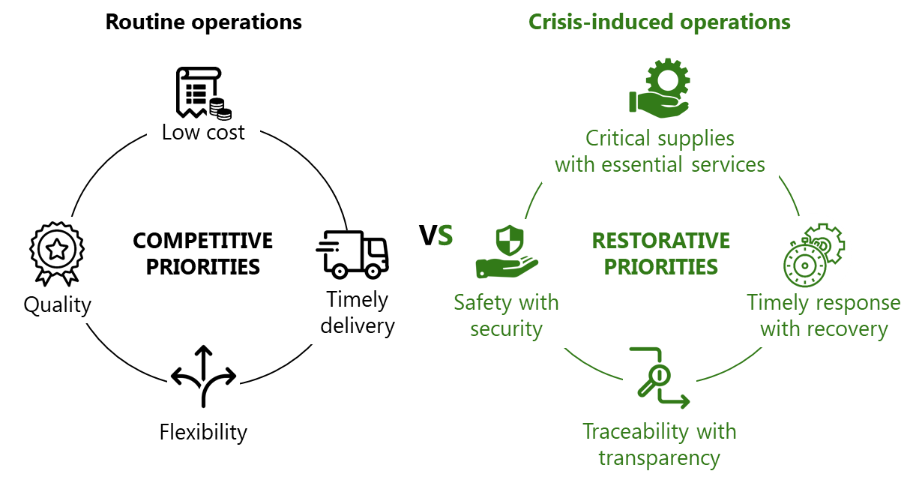Family offices — private firms that manage money for ultra-wealthy families — are booming. But there’s a big problem: they can’t find enough trusted people to manage all that wealth.
According to Deloitte, there were 8,030 family offices worldwide as of September last year, managing a combined $3.1 trillion in assets. By 2030, that number is expected to jump to 10,720 offices, handling $5.4 trillion.
That kind of growth needs people — and a lot of them. But McKinsey warned that by 2034, the industry could be short 100,000 financial advisors if things continue at the current pace.
Why It’s Hard to Hire
Reports from both North America and Europe show that many family offices struggle to hire and keep staff. Even in wealth hubs like Singapore, they’re turning to automation and outsourcing because there just isn’t enough talent.
It’s not just about money. Family offices are often very selective — they don’t just want someone with the right resume. They want someone they trust deeply.
As Tobias Prestel from Prestel and Partner puts it:
“If you have $500 million, who do you trust with it? That’s not an easy choice.”
That’s why relationships matter more than qualifications in many cases. Families often choose someone they’ve known for years over a highly qualified stranger.
The Job Description? It’s a Lot
Many family offices want someone who can wear multiple hats — a CIO who’s also a CFO, for example. But that kind of multitasking is rare, said Iris Xu, founder of Jenga, a firm that helps hire professionals for family offices.
She said:
“That’s a big ask. Not many people are willing or able to cover everything.”
Still, rich families are willing to pay well for the right person. Some are offering $190,000 or more just for executive assistants. In Europe, offices are offering bonuses, profit-sharing, and co-investment opportunities to attract talent.
A Risky Move for Young Professionals
Even with high pay, many younger professionals are hesitant to join family offices. Why?
- No clear career path
- No structured hierarchy
- Little job security
Some view these jobs as something for late in their career — or even as a “retirement gig.”
Plus, the pressure can be intense. Family offices are often very personal. There’s no boardroom — just you and the family. You need to keep your ego in check, but still be confident enough to speak your mind. That balance isn’t for everyone.
Reto Jauch of SZ&J says:
“You have to be okay with the fact that the family’s decision is final — always.”
Real-Life Risk
John, a lawyer in his 40s, turned down a job as general counsel at a Singapore family office. He said:
“It felt like putting all my eggs in one basket. One person could fire me on a whim.”
He also worried that it would hurt his long-term career prospects if he wanted to return to the corporate world later.
So… Is It Worth It?
It depends. Jauch says working at a family office can be rewarding — if you’re the right type of person. You need to be driven by the quality of the work, not climbing a corporate ladder.
“You need to want to be part of something meaningful — and be okay if your growth is measured in skills and impact, not titles.”




